Simba vs Emma: Which boxed mattress should you buy?
We look at the differences between the Simba Hybrid Essential vs the Emma Hybrid Original mattress
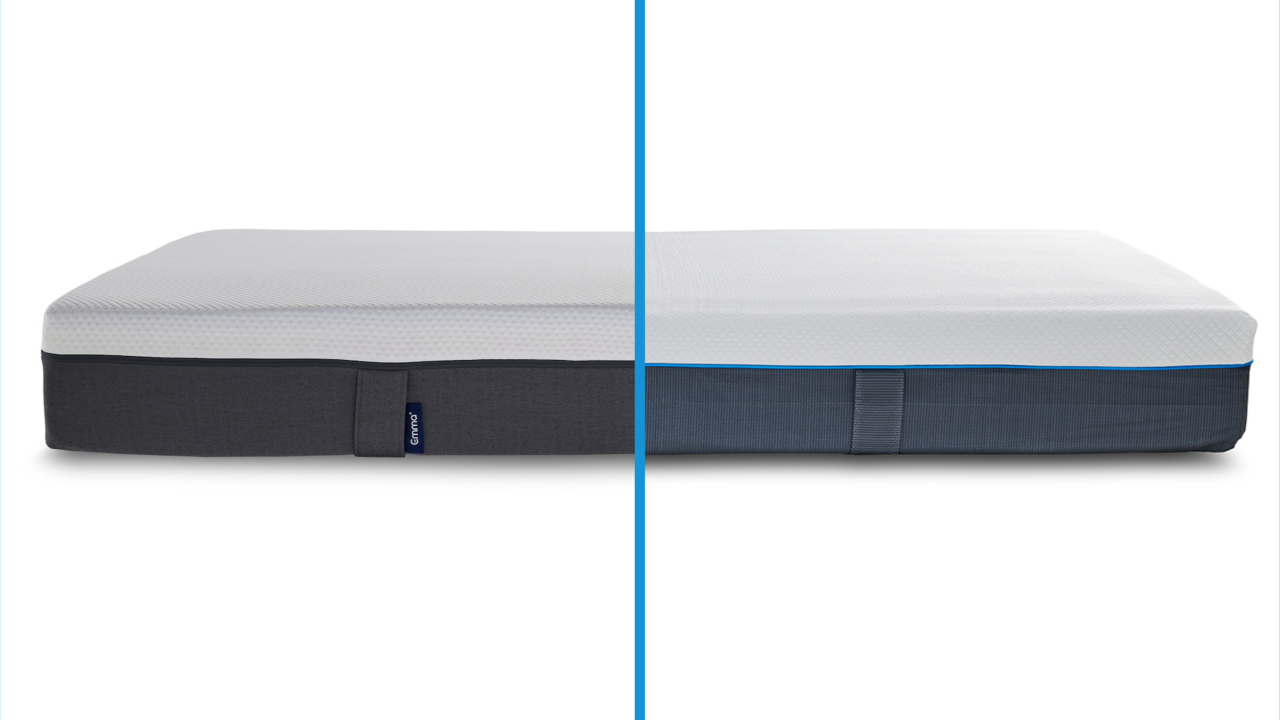
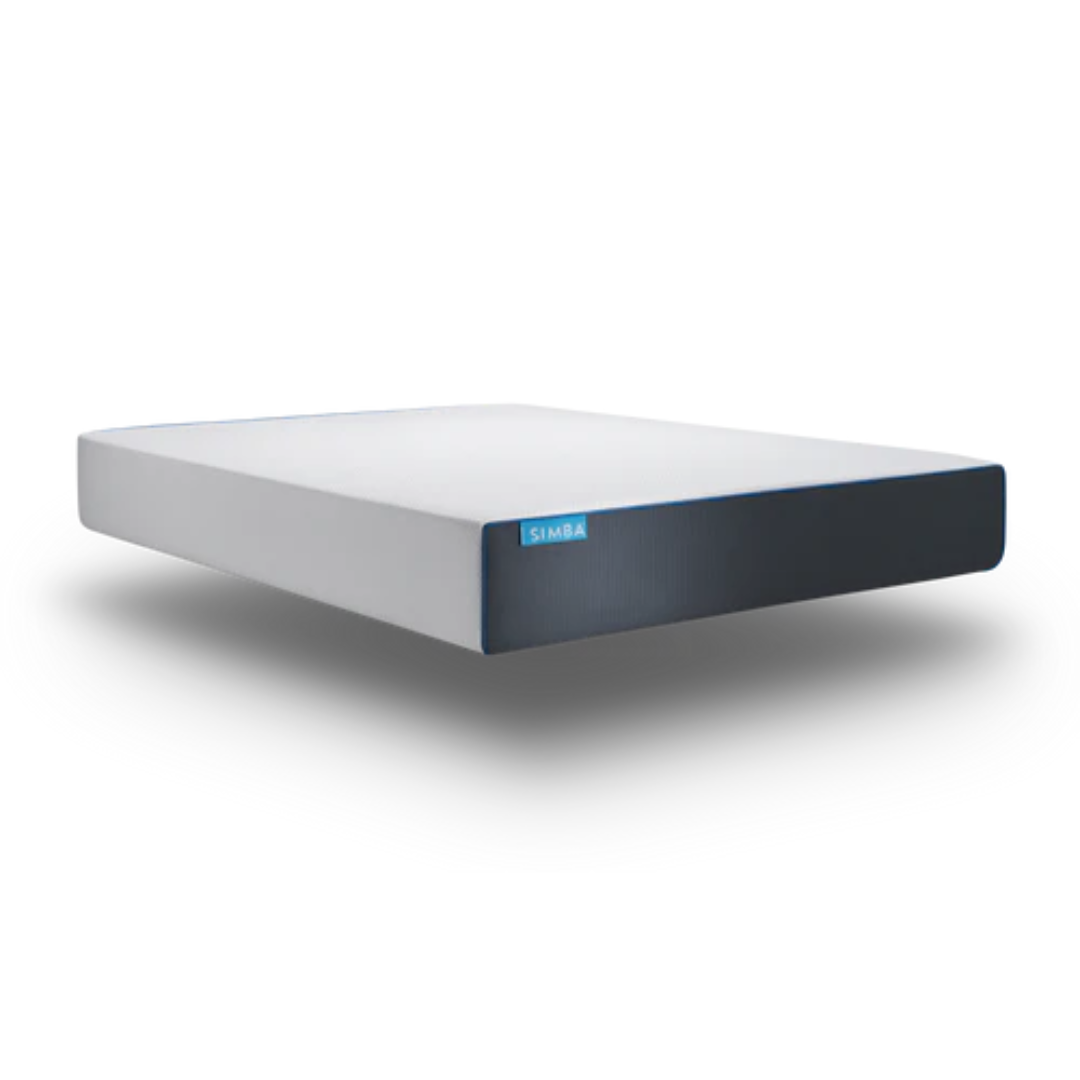
Type: Hybrid
Firmness option: Medium firm
Height: 20cm
Sizes: 4
Sleep trial: 200 nights
Warranty: 10 years
Price (RRP): from £449 at Simba
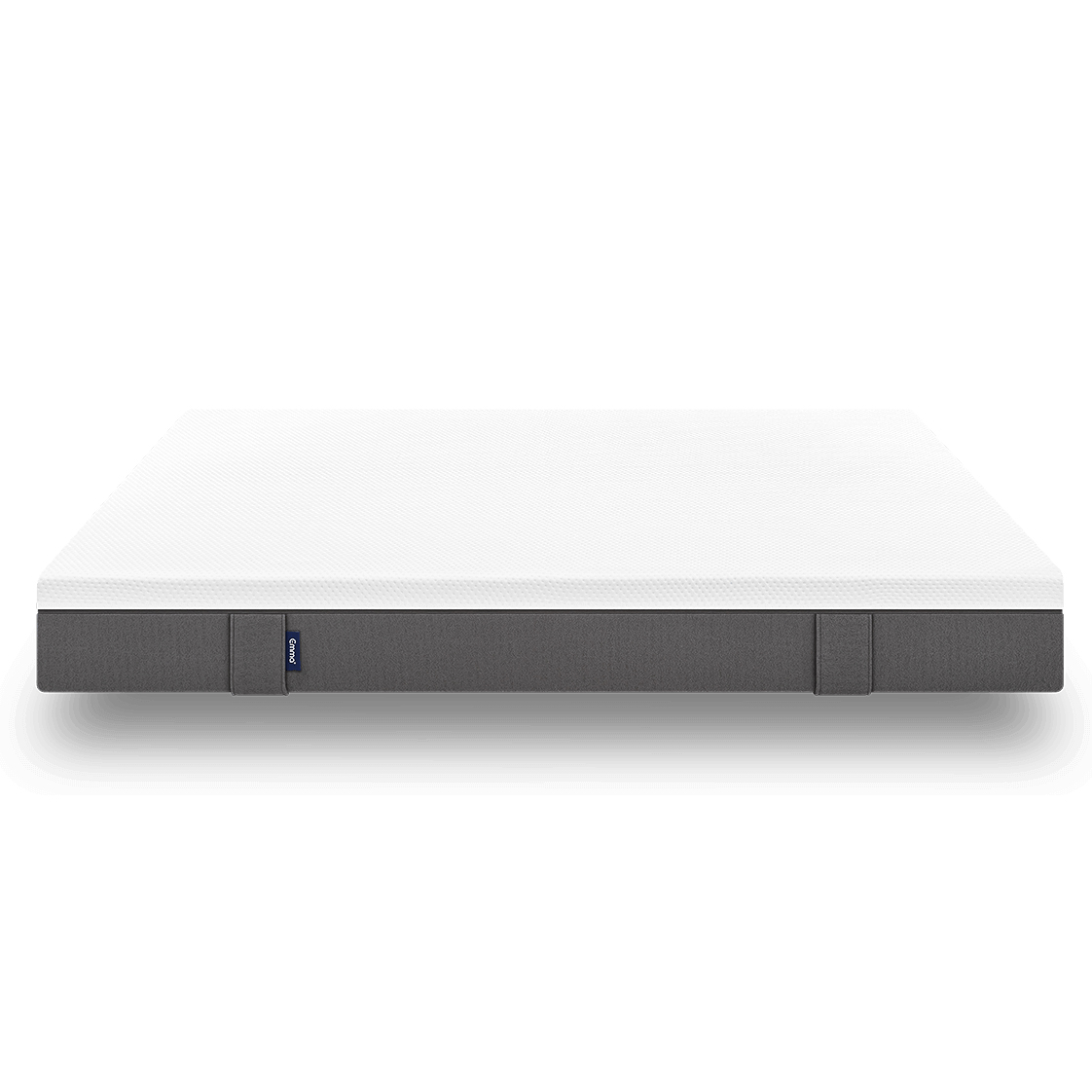
Type: Hybrid
Firmness option: Medium firm
Height: 22cm
Sizes: 8
Sleep trial: 200 nights
Warranty: 10 years
Price (RRP): from £289 at Emma
Simba and Emma are two of the top-rated mattress brands in the UK, with both brands now becoming well-known worldwide, too. In this Simba vs Emma comparison, we're looking at the brand's entry-level mattresses: the Simba Hybrid Essential and the Emma Hybrid Original.
Both brands feature in our best mattress guide and offer high levels of support and comfort, but which one suits your sleep needs more?
In this Simba Hybrid Essential vs Emma Hybrid Original comparison we'll look under the covers to find out more. Remember to bookmark our mattress sales page as well, so you can get the cheapest price possible when you do decide to buy.
Simba Hybrid Essential vs Emma Hybrid Original: Key differences
The Simba Hybrid Essential and Emma Hybrid Original are the brand's cheapest mattresses, still offering plenty of the signature materials found in more expensive models.
There are some key differences between the two mattresses, starting with the range of sizes - Emma offer eight UK and EU sizes, whereas Simba just offer four UK sizes. The Emma is also slightly thicker than the Simba, at 22cm to Simba's 20cm.
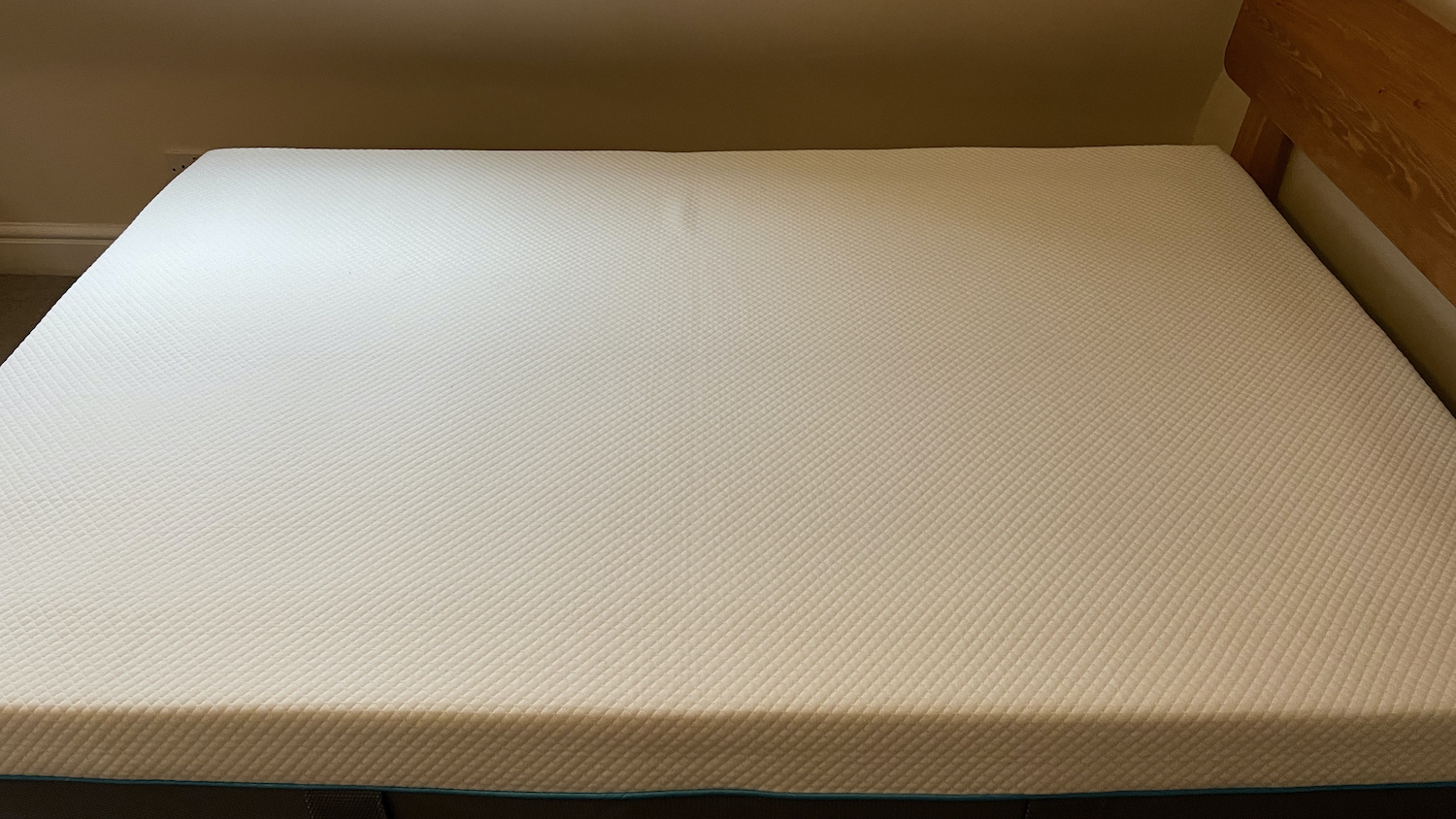
Although both mattresses are rated medium firm, you'll lie on top of the Simba while the Emma has a little more sinkage. The Emma is best suited to side sleepers, while side and back sleepers should appreciate the Simba.
But stomach sleepers are likely to find both beds too soft. The Emma also has handles and a removable cover for washing, whereas the Simba has a removable cover but no handles.
Simba Hybrid Essential vs Emma Hybrid Original: Price and trials
- Emma's sales are more frequent than Simba's
- Simba takes up to 45% off mattresses at sales events
- Emma discounts can range from 20-50% off
Simba mattress sales aren't as frequent as some brands, but the RRP of the Essential mattress is reasonable to begin with. Expect to pay £599 for a double at full price. At present you'll also get one or two pillows included with the mattress (depending on the size you buy). Discounts tend to appear around major sales events and holidays.
The Emma Original Hybrid is cheaper, even at full RRP. And Emma mattress sales are more frequent - there's currently a 10% discount on the mattress, taking a UK double down to £376.20 from its RRP of £418. Again, you can expect to see larger discounts are major sales events. Both mattresses come with a 200 night trial, 10-year warranty and free shipping.
Simba Hybrid Essential vs Emma Hybrid Original: Comfort and Support
- The Simba offers less sinkage than the Emma
- Side sleepers will enjoy the Emma's contouring
- The Simba offers great support to back sleepers
Both the Simba Hybrid Essential and the Emma Hybrid Original are medium firm mattresses, but offer a different feel to sleepers. As we explain in our Simba Hybrid mattress review, the Simba Hybrid Essential is a mattress that you sleep 'on' rather than sinking into, offering a supportive feel that back sleepers in particular will appreciate when it comes to lumbar support.
There's enough contouring and cushioning around the shoulders and hips to make the mattress a good choice for side sleepers as well. But stomach sleepers and heavier sleepers are unlikely to find the mattress comfortable as it's not deep enough to stop them from sinking onto the coil layer.
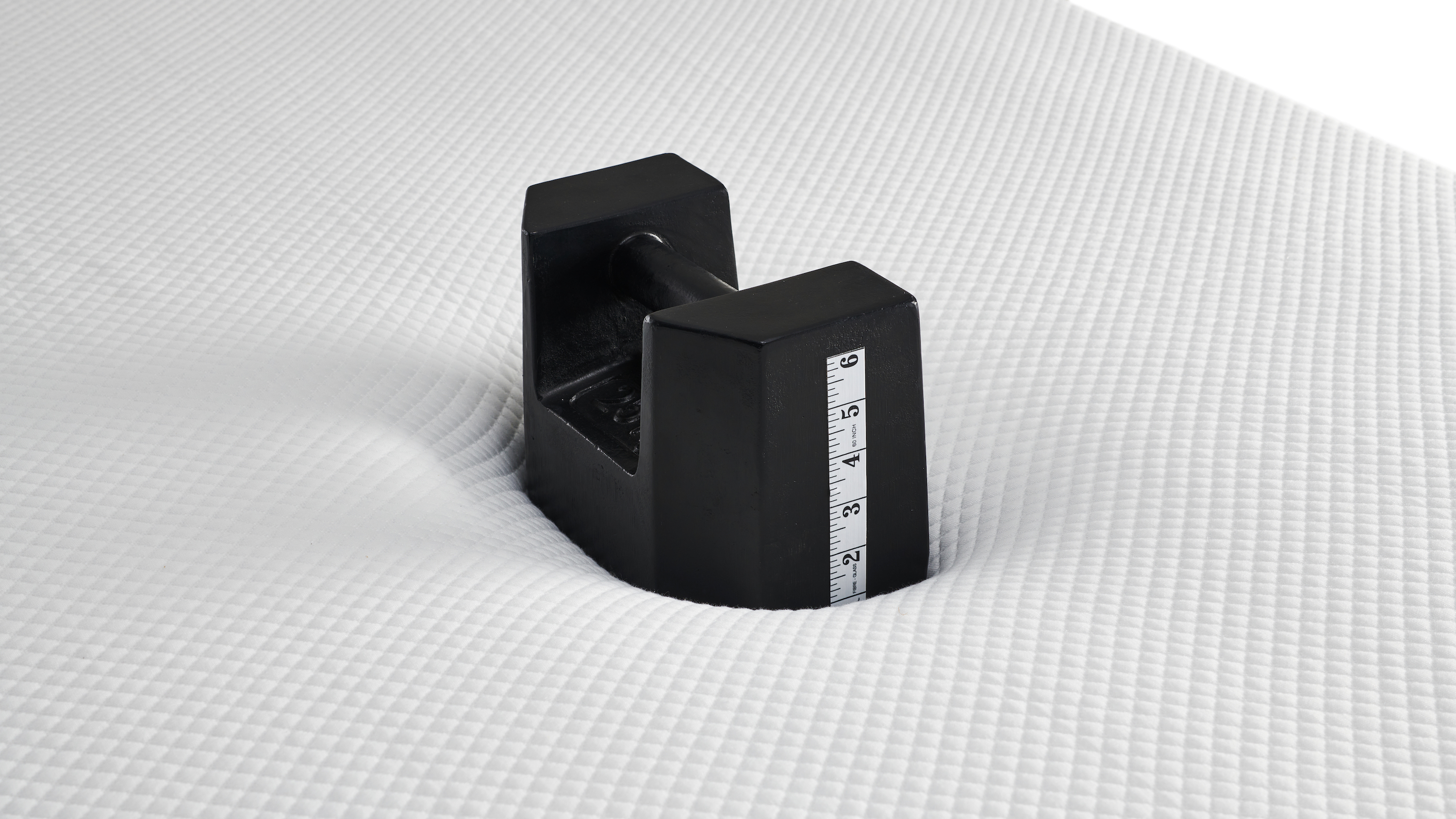
The Emma Hybrid Original offers more sinkage than the Simba. An updated version of the all-foam Emma Original (which we tested for our Emma Original mattress review), the Hybrid Original has, as the name suggests, added in a layer of coils that give the mattress more bounce.
However, as we explain in our Emma Original mattress review, the top foam layer still offers plenty of sink-in softness that will be particularly appealing to side sleepers. Some lightweight back sleepers may enjoy the contouring of the mattress but for many back sleepers, along with stomach sleepers and heavier bodies, the mattress simply won't be supportive enough.
Simba Hybrid Essential vs Emma Hybrid Original: Performance
- Both the Simba and Emma isolate motion well
- The Simba has weaker edges than the Emma
- Both mattresses offer good temperature regulation
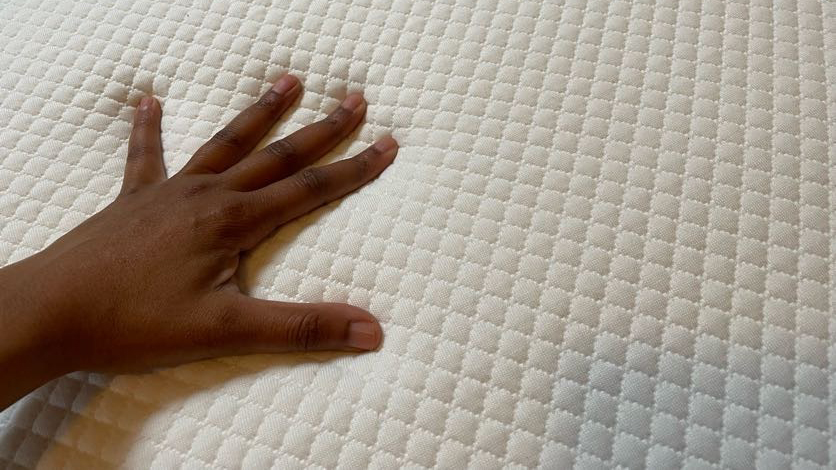
The Simba Hybrid Essential offers excellent motion isolation and particularly good temperature regulation thanks to its patented Simbatex foam layer - a graphite infused foam layer that does a great job of drawing heat away from the body. This is backed up by a layer of springs for airflow and a breathable cover. Edge support is a little lacking with the mattress though and, if this is an important factor for you, we'd recommend upgrading to the Simba Hybrid Original instead.
Emma’s patented Airgocell foam offers fantastic cooling credentials, with an open cell design that allows for plenty of air to flow through the mattress. This is again backed up with a breathable cover and spring layer. Motion isolation is again excellent and edge support is improved on this mattress thanks to the addition of coils for support.
Simba Hybrid Essential vs Emma Hybrid Original: Materials & Design
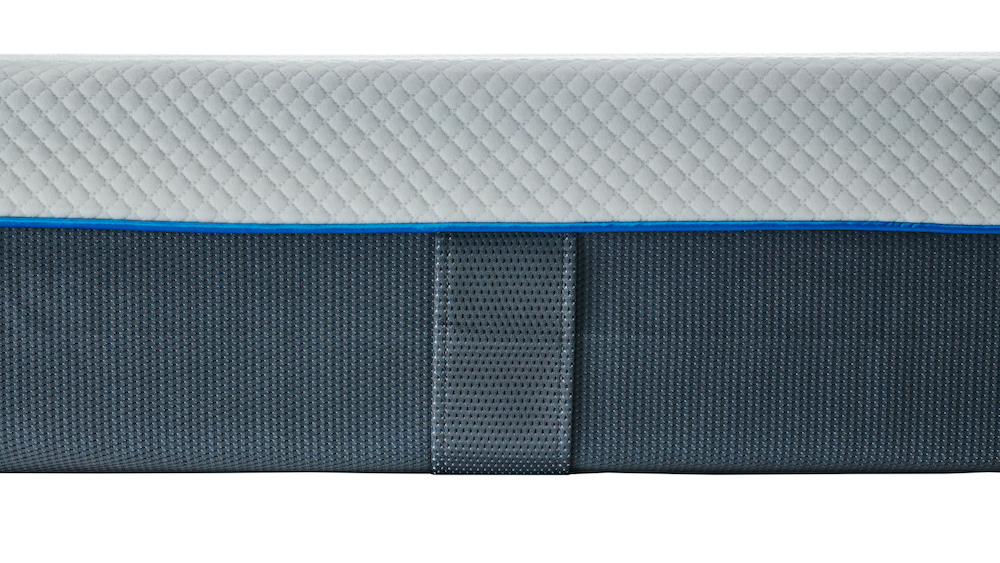
The Simba Hybrid Essential is made up of three layers and a cover. Starting at the top, the cover is soft and knitted, with a zip off design for easy washing. Underneath is the Simbatex graphite-infused foam layer for support and cushioning, followed by Simba's Aerocoil layer, with up to 1,000 conical micro coils for support and motion isolation. The mattress is finished with a five zoned CertiPUR certified foam base for tailored support where it's needed.
The Emma Hybrid Original also has three layers and a cover, and again starts with a soft and breathable cover that can be removed for washing. Underneath this is the Airgocell foam layer to keep sleepers cool, followed by a durable firmer foam layer for support and pressure relief. The coil layer at the bottom is divided into three zones, working separately to provide motion isolation and tailored support.
Simba Hybrid Essential vs Emma Hybrid Original: Should you buy?
Buy the Simba Hybrid Essential mattress if...
✅ You want an eco-friendly mattress: Simba have official B Corp accreditation and all its mattresses are recycled or refurbished when returned to the brand.
✅ You want good lumbar support: The slightly firmer feel of the Simba gives the body plenty of lumbar support for back and side sleepers.
✅ You want a mattress you sleep 'on': You won't sink into the Simba mattress but will rather lie on top being supported by gentle contouring from the foams.
Buy an Emma mattress if...
✅ You're on a tighter budget: Even at full price, the Emma mattress is cheaper than the Simba and mattress sales are slightly more frequent.
✅ You want more sinkage: The Emma has a little more sinkage than the Simba, offering deeper sinkage and plenty of pressure relief.
✅ You sleep on your side: If you're a dedicated side sleeper, the deeper sinkage and pressure relief of the Emma will provide plenty of cushioning for pressure points.
Sign up to get the BEST of Tom's Guide direct to your inbox.
Get instant access to breaking news, the hottest reviews, great deals and helpful tips.

Claire is a fully qualified journalist and Certified Sleep Science Coach with over 16 years’ product review experience. Claire is responsible for all mattress and sleep content published on Tom’s Guide, including our Best Mattress of 2025 buying guide. She is our expert on Saatva, DreamCloud, Nectar and Tempur-Pedic mattresses, and is also our in-house hybrid mattress specialist. Claire is certified to advise people on how to choose a mattress that best suits their sleep, body and budget, as well as helping them to create a nighttime routine and bedroom environment that promote good sleep. As Senior Sleep and Mattress Editor, Claire takes the lead on developing and overseeing rigorous testing procedures for our mattress reviews, both at home and in our fully equipped Sleep Lab. Claire leads a team of experienced sleep and mattress specialists who report on and test a wide range of mattress and sleep products, and she also writes about all things related to sleep, and has interviewed a wealth of experts including mattress designers and buyers, neuroscientists, and doctors of sleep medicine.
- Jo PlumridgeMattress tester and sleep writer
You must confirm your public display name before commenting
Please logout and then login again, you will then be prompted to enter your display name.
